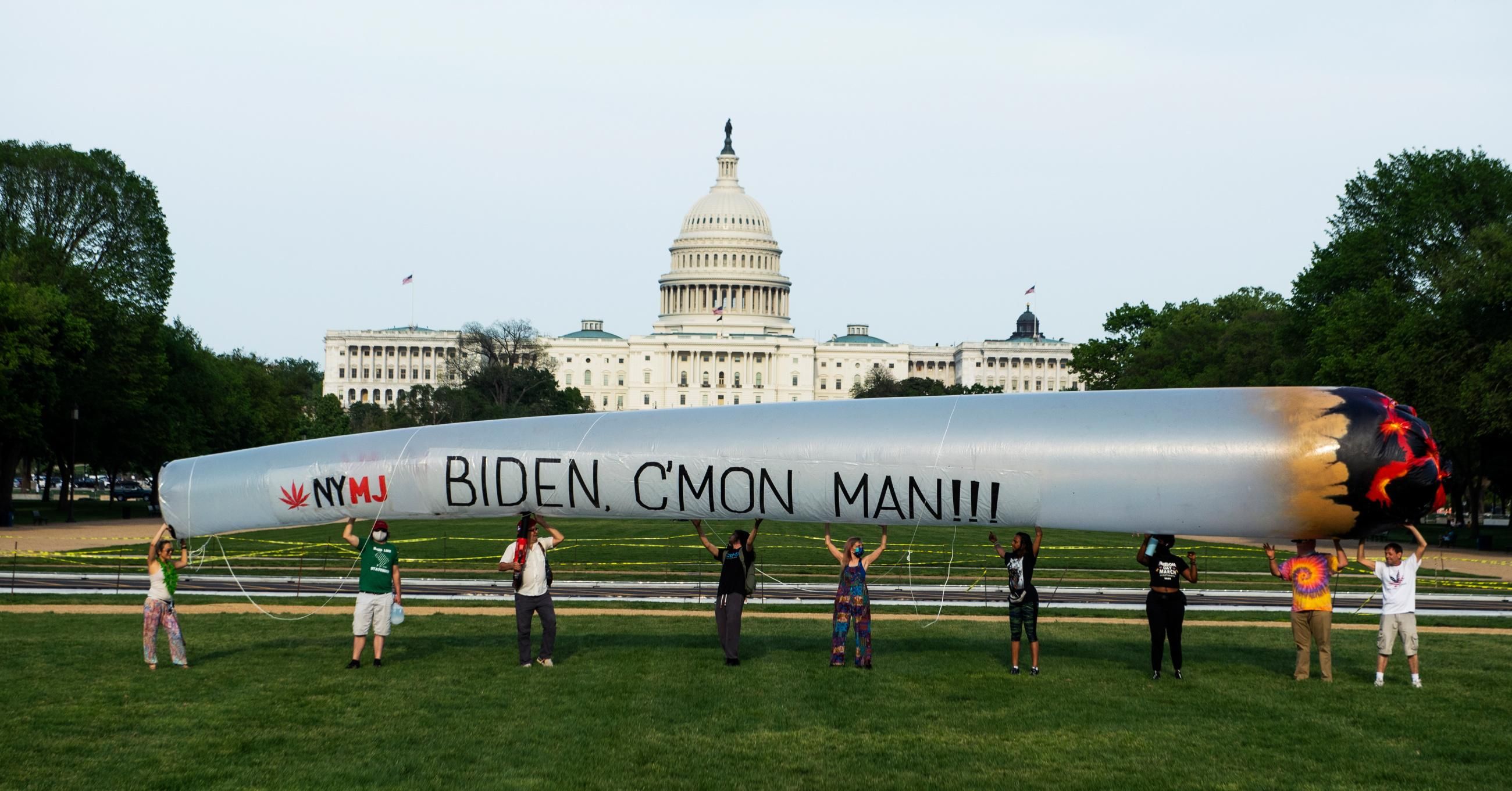Personal interview: Lee Camp What are the Prospects for Peace?
Lee Camp directly address the role of the U.S. in the escalating tensions and its capacity to reduce them.

Events are unfolding at a quickening pace. Facing an alarming escalation in tensions around the world, we are looking to our most respected and renowned thought leaders for an honest assessment of both U.S. foreign and military policy to offer their most current thoughts and insights. We know they have some ideas for improving the prospects for peace.
Lee Camp is the head writer and host of the national TV show Redacted Tonight with Lee Camp on RT America. He’s a former contributor to The Onion, former staff humor writer for the Huffington Post, and co-host of the podcast “Government Secrets.” He’s toured the country and the world with his fierce brand of standup comedy and hard-hitting political commentary. His book, Bullet Points & Punch Lines has earned enormous praise. RadMediaNews is his most recent project, an alternative to the propaganda of mainstream media and a vehicle to deal with large-scale suppression of the truth. His responses below are exactly as he provided.
The questions here are not philosophical or abstract. They focus on the realities of the international power struggle unfolding in real time. They directly address the role of the U.S. in the escalating tensions and its capacity to reduce them. We also probe the role of everyday citizens in affecting the relationship the U.S. now has and will have with the rest of the world community.
Here is what Lee Camp had to say.
Q. The Bulletin of the Atomic Scientists has recently put the hands of the Doomsday Clock to 100 seconds before midnight. Midnight means all out war, probably nuclear holocaust. This is the closest it has ever been. Do you agree with this dire assessment?
A. I mean, in general midnight is usually when the party gets started – so we should be excited, no? Oh, wait, they’re saying midnight is bad. I get it now. I do think things are quite dire. One of the core problems with our system almost never gets discussed. Capitalism is a system in which true sociopaths inevitably end up running the show. The estimates are that 1 out of every 100 humans is a sociopath—and sociopaths are uniquely suited to succeed at a profit-over-all-else system. So the gravity of capitalism will always pull the most irrational humans to run the systems. This is how we ended up with a political system that vomited up the likes of Donald Trump, Joe Biden, and Barack Obama. Obama’s Pentagon dropped 26,000 bombs his final year in office. Trump’s Pentagon dropped 40,000 his first year in office. I’m sure the Biden numbers aren’t far off. These are war criminals, and yet the mainstream media dances around happily celebrating these villains as if it’s Mardi Gras (Fox News for Trump, the other networks for Biden & Obama).
Q. The U.S. always portrays itself as the greatest force on the planet for peace, justice, human rights, racial equality, etc. Polls tell us that most other nations actually regard the U.S. as the greatest threat to stability. What in your view is the truth here?
A. We are absolutely the greatest force for justice and racial equality. During the hundreds of years we spent kidnapping black people and owning them as property, we always treated each slave as equal to every other slave. So, that’s a great deal of equality right there. Also, our Declaration of Independence said “All men are created equal” and at that time, they were referring to white, land-owning males, who were six percent of the population. So what it really meant was “All six percent of us are created equal.” And my gosh, those white land-owning males were treated SO VERY equal. No one can deny that. . . . Is my sarcasm coming through in writing or not so much? . . . Anyway, what was the question again? Oh yes, is the United States a threat to stability? Absolutely. Not just because we’re literally always at war but also because we are the largest cause of catastrophic climate change, which will cause immense suffering, death, instability, and large scale extinction — all things I’m not a fan of.
Q. Here’s a chicken-or-egg question: The U.S. accuses both Russia and China of rapidly expanding their military capabilities, claiming its own posturing and increase in weaponry is a response to its hostile adversaries, Russia and China. Both Russia and China claim they are merely responding to intimidation and military threats posed by the U.S. What’s your view? Do Russia and China have imperial ambitions or are they just trying to defend themselves against what they see as an increasingly aggressive U.S. military?
A. Rather than give an opinion, I’ll just give people some facts. The U.S. has roughly 900 military bases around the world. China has a grand total of one outside of China. Russia has around 18, I think, and they’re mostly in the former Soviet bloc. The U.S. spends roughly $1 trillion a year on military (when we include the black budgets), which is the same amount as 144 countries COMBINED. The Pentagon has been found to have roughly $21 trillion in unaccounted-for financial adjustments on their books over the past two decades. To put that in perspective, if you earn $40,000 a year, in order to make $21 trillion, it would take you 525 million years. The Pentagon was finally audited for the first time a few years ago. It took over 1,000 auditors and lasted for over a year. At the end of it, the Pentagon simply said, “We failed our audit.” And that was basically the end of the information given to the public. . . . So yeah, I guess the U.S. is just defending itself from the dastardly Chinese and Russians.
Q. The U.S. always denies that it has imperial ambitions. Most unbiased experts say that by any objective standards, the U.S. is an empire — indeed the most powerful, sprawling empire in history. Does the U.S. have to be an empire to be successful in the world and effectively protect and serve its citizenry?
A. Well, if you want to decide if the U.S. is an empire, please see previous facts. In terms of “being a success,” the U.S. is not a success. We here in the U.S. face immense inequality (a higher Gini coefficient than Ancient Rome just before its collapse), don’t have universal healthcare, don’t have free college education, face a crippling opioid epidemic, have a political system filled with corruption, and the world’s largest prison state (both total number and per capita). On top of that, late-stage capitalism is killing the environment in the U.S. and around the world. We’ve lost 50% of all wildlife over the past 40 years, the oceans are filling with plastic, 2000 cities in the US have elevated lead in the water, and the insect world is facing a genocide. Under no interpretation of the word, could the U.S. be considered a “success.” A success would be a sustainable society that provides a comfortable and fulfilling future for our grandchildren and their grandchildren. We seem to have the opposite.
Q. The highest ranking commanders of the U.S. military recently sounded the alarm. They have concluded that the U.S. — widely regarded as the most formidable military power in history — can’t defeat either Russia or China in a war. These military commanders are saying we need to dramatically increase our military capabilities. What do you make of this claim and the resulting demand for more DOD spending?
A. (Please see earlier numbers about the amount spent on the military.) Toxic nationalism along with capitalism is destroying the globe. We’re told to hate enemies like Russia, China, Iran, Cuba, etc. Can anyone explain to me why a baby born in Iran is evil and a baby born in the U.S. is wonderful and moral and pure? I haven’t heard a good answer for that, but they want us to believe it.
Q. In 2009, Barack Obama and Hillary Clinton announced a reset with Russia, heralding greater cooperation and understanding. By 2014, Obama had made a sharp reversal. A sweeping regime of sanctions has since been imposed on Russia to cripple its economy. Hillary Clinton and the Democrats now relentlessly demonize Russia and Putin, blaming them for every imaginable ill. Both in the media and from official pronouncements by government officials, Russia has become the favorite whipping boy for both the U.S. and its “special friend”, Great Britain. Why? What happened?
A. The U.S. is a waning empire in the turbulence of late-stage capitalism. America doesn’t treat our own citizens well (just look at our insane healthcare system), and therefore the only way to get citizens to ignore their true enemies (the ruling elite), is to convince them the great “other” is out to get them. Hence the War on Terror, the new cold war against Russia and China—each of these propaganda tools helps keep average American citizens in line and willing to give up all of their rights and liberties. The oligarchs are basically saying, “We’re not the ones exploiting you. We’re not the source of your troubles. It’s the Russians. It’s the Chinese. It’s the Syrians.” This is not the only reason for the new cold wars that have been instituted, but it’s definitely one of the important ones.
Q. The U.S. against the clear objections of the government in Syria is occupying valuable land, stealing the country’s oil, and preventing access to the most agriculturally productive region, effectively starving the population. The world sees this for what it is, a cruel game sacrificing innocent people for some perceived geopolitical advantage. Is this the kind of reputation the U.S. wants? Or does it simply no longer care what the rest of the world community thinks?
A. The U.S. really only has one playbook. So even though the standard propaganda — The U.S. wants to give you freedom and democracy — has broken down and no longer holds up, the US government keeps pushing it. Meanwhile they have and endless array of economic sanctions on countries (economic war), they’re bombing multiple countries, and they spend billions on CIA cutouts trying to create coups in various nations. They’ve invaded, destroyed, or “coup’ed” numerous countries — most commonly those who are outside our central banking system and/or are socialist. Yet, when a U.S. official walks up to that podium, they still say, “We need to bring democracy to ___[fill in country]__.”
Q. In a democracy, at least in theory citizens have a say in all matters of public policy. Yet, in the end none of the recent military campaigns and undeclared wars seem to achieve much popular favor or support. What is and what should be the role of everyday citizens in determining the foreign policy and military priorities of the country? Or are such matters better left to the “experts”?
A. I’ll do you one better. For much of what our Pentagon’s actions — not even elected officials have a say. Congress rarely intervenes in military matters. They no longer declare wars, even though they’re supposed to. Even the president doesn’t oversee most military intelligence actions. He may have some say in whether we start bombing a country, but 99% of the Pentagon’s behavior is not scrutinized by the President or Congress. On top of that, no one seems to know where the money goes. As I said earlier, trillions of dollars are floating around and thousands of auditors can’t even get to the bottom of it. Whistleblowers have said that when they were serving in Iraq or Afghanistan, they would be given bundles of millions of dollars to hand out and no one kept track of where it went. In Afghanistan we were paying the Taliban and fighting the Taliban. We were paying the opium growers and fighting the opium growers. The only book that does this insanity justice is Joseph Heller’s novel Catch-22.
Q. Now there’s pervasive spying on U.S. citizens right here at home. What place does any of this have in “the land of the free”? Does this mean government of the people, by the people, for the people is just a sham?
A. Yes, it’s a sham. The government can’t truly represent the people unless the people know what the government is up to. But we’re not told most of what the government does. And when a whistleblower reveals what our government is up to — or a journalist like Julian Assange — they’re horribly persecuted and imprisoned. Furthermore, even if you wanted to claim we have a free democracy in the U.S., the two corporate parties agree on 90% of the core issues of our country. They agree on capitalism, on militarism, on Wall Street, on environmental destruction, on unlimited surveillance, on a massive prison state, on dystopian policing — they agree on just about everything. So if our choice is between those two parties, then it’s no choice at all. None of our elections are legit in this regard.
Q. Recently we’ve seen some token but precedent-setting direct payments to citizens in the form of Covid relief. There is also the ongoing discussion about reparations to descendants of slaves. If it could be unequivocally established that the government has abused DOD funding, misused and squandered vast sums of money to promote unjustified wars, purchase unneeded equipment, unnecessarily expand U.S. military presence across the globe, and regularly lied to the American public to manufacture consent for these misadventures and fraudulent activities, practical and political considerations aside, do you see any constitutional or other legal barriers to the public identifying, expecting, or even demanding proper compensation? A cash refund or citizen reparations for massive, authenticated abuse of power?
A. I’ll go beyond that. I believe Universal Basic Income is both doable right now and would save millions of lives. It would instantly end homelessness, extreme poverty, hunger, and a large percentage of health problems. Ending those things would also greatly decrease crime. Furthermore, UBI already exists in Alaska and other smaller examples. However, this is not to say it would solve all the problems with capitalism. It would not. Having an economic system that pushes everyone to seek profit over all else will ultimately destroy everything eventually. Capitalism requires infinite growth on a finite planet. By definition, it cannot sustain, and we’re already seeing signs of environmental collapse. We need a mental revolution, an evolution of what is possible. And we need it now.
We are grateful to Lee Camp for his thought-provoking views. The interview was arranged by John Rachel, Director of the Peace Dividend Project. This effort embraces a powerful, unprecedented, end-to-end strategy for challenging the tyranny of neocon warmongers in Washington DC, ending the endless wars, and reversing the self-destructive foreign policy and military paradigm which now poisons U.S. relations with the rest of the world. Lee has also agreed to be interviewed for the full-length Peace Dividend documentary film, a devastating indictment of the corruption and fraud built into our excessive military budgets and imperial overreach. This movie will inform, unite and empower everyday citizens to have a voice in determining the future they want for themselves and their children.










